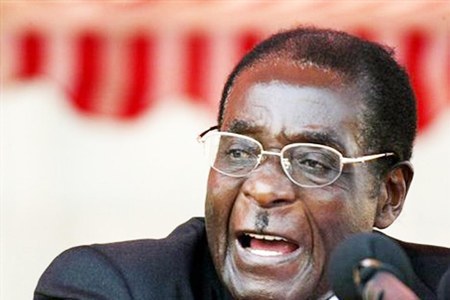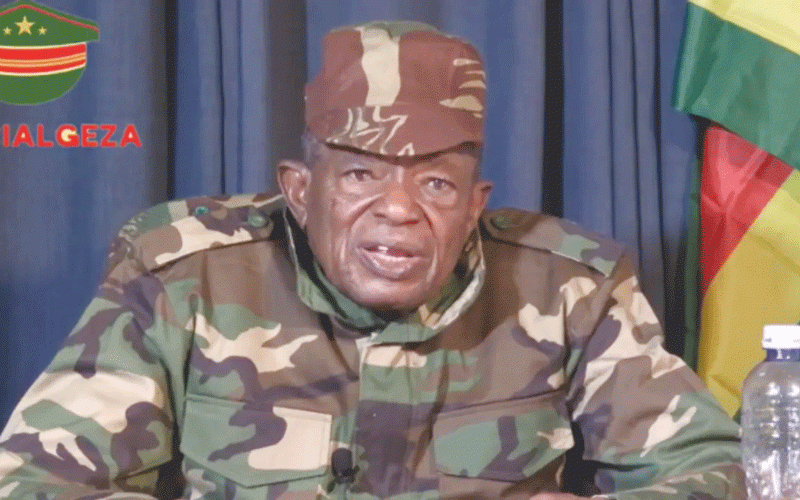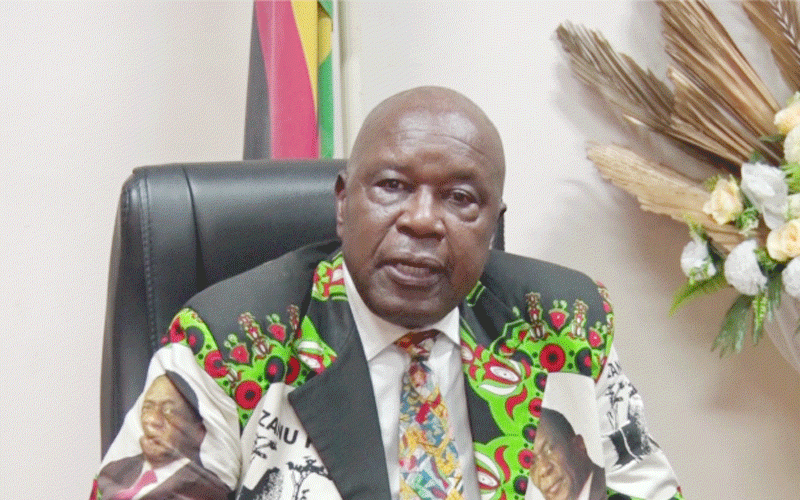
PRESIDENT Robert Mugabe emerged as the greatest winner from last week’s agreement on a new compromise draft constitution for the country.
BY PATRICE MAKOVA
While the MDCs have been insisting that the July 2012 Copac draft was final and not subject to re-negotiation, the two parties last week eventually gave in to Zanu PF demands.
They agreed to compromise on a number of sticky issues.
This followed a meeting on Thursday where the Global Political Agreement (GPA) principals — Mugabe, Prime Minister Morgan Tsvangirai, MDC leader Welshman Ncube, as well as deputy premier Arthur Mutambara — finally agreed on the contents of a new charter.
“We have now come to the conclusion of the exercise. We are generally agreed and the finalisation of the draft is now being made. We have at last come to the end of this marathon exercise,” Mugabe said.
Constitutional law expert Professor Lovemore Madhuku said it was clear that Zanu PF had outwitted the MDCs by forcing them to incorporate its proposed amendments.
“They [MDCs] lost out by agreeing to dilute the Copac draft,” he said. “Whatever was positive in the original July [2012] document has been taken out.”
- Chamisa under fire over US$120K donation
- Mavhunga puts DeMbare into Chibuku quarterfinals
- Pension funds bet on Cabora Bassa oilfields
- Councils defy govt fire tender directive
Keep Reading
Madhuku, said the proposed new provision which spells out that in the event of a President dying or being incapacitated, the party of the departed head of state would provide a successor, effectively barred independent candidates.
“This in undemocratic,” he said. “They are saying that the only way to get elected is through a party,” he said.
Madhuku, who is also the chairperson of the National Constitutional Assembly, said his organisation was already preparing to mobilise for a “No” vote in a referendum on a new constitution expected to take place soon.
“We totally reject this latest document and the previous ones because they have failed to pass the test of a democratic constitution,” he said.
Political analyst, Clever Bere said Zanu PF managed to squeeze the MDCs and largely got what it wanted.
He said the party always wanted presidential powers to remain intact, which is what was going to happen.
Bere said Zanu PF was from the beginning opposed to devolution of power and succeeded in ensuring that the system of governance was watered-down.
“Clearly, the July draft, as flawed as it was, is much better than this latest compromise,” he said. “Zanu PF has won this contest but the biggest losers, at the end of the day, are the people of Zimbabwe.”
Bere said the manner in which the coalition partners had concluded the writing of a new constitution confirmed that the process had always been about the interests of the politicians and their quest for power.
“Why do we repeat Lancaster House agreement style? Why would the parties agree to something that can only come to effect in 10 years’ time? These guys are not even confident with their agreements,” he said
Crisis in Zimbabwe Coalition director, MacDonald Lewanika said while it was good that Zanu PF and the MDCs had finally agreed on a new constitution, this was not necessarily in the interest of the people but was meant to secure partisans positions.
“Most of the transitional clauses are meant to secure the interests of Zanu PF and address their insecurity over the provisions of a new democratic constitution,” he said.
Lewanika said Zanu PF was insecure and feared that devolution would result in secession, but the issue was now addressed in the preamble which would explain what the concept did not incorporate or imply.
He said the six-year transitional period for a new independent National Prosecuting Authority (NPA) separate from the Attorney-General (AG)’s office would also serve the interests of Zanu PF.
Lewanika said the party was afraid that some of its officials and supporters linked to violence would be brought to book by the NPA, hence the demand for a transitional period.
He said while the separation of the two offices was a welcome development, the only problem was the personalities involved in the offices during the transitional period.
“The assumption one will guess is that the current AG [Johannes Tomana] will take up one of the offices, possibly national prosecuting leadership for a transitional period,” said Lewanika. “Given reservation around the partiality of the current office bearer, this leaves a foul taste in the mouth.”
He said Zanu PF’s fear of a separate constitutional court had also been addressed as there would be a transitional provision to have the Chief Justice, four Supreme Court judges and three new judges sit on the court for seven years.
Zanu PF Copac co-chairperson, Munyaradzi Paul Mangwana said it was “parochial and short-sighted” to say which party position had prevailed.
“When we were negotiating, we were not looking at what Zanu PF and the MDCs wanted, but what is best for the country and the future generations,” he said.
MDC-T Copac co-chairperson Douglas Mwonzora was not answering his phone yesterday.
But the MDC-T Minister of Constitutional and Parliamentary Affairs, Eric Matinenga on Friday insisted there were no winners or losers. He said the new constitution took into account the “fears, concerns and aspirations” of the three political parties.









